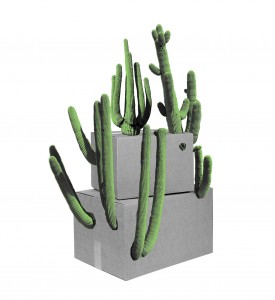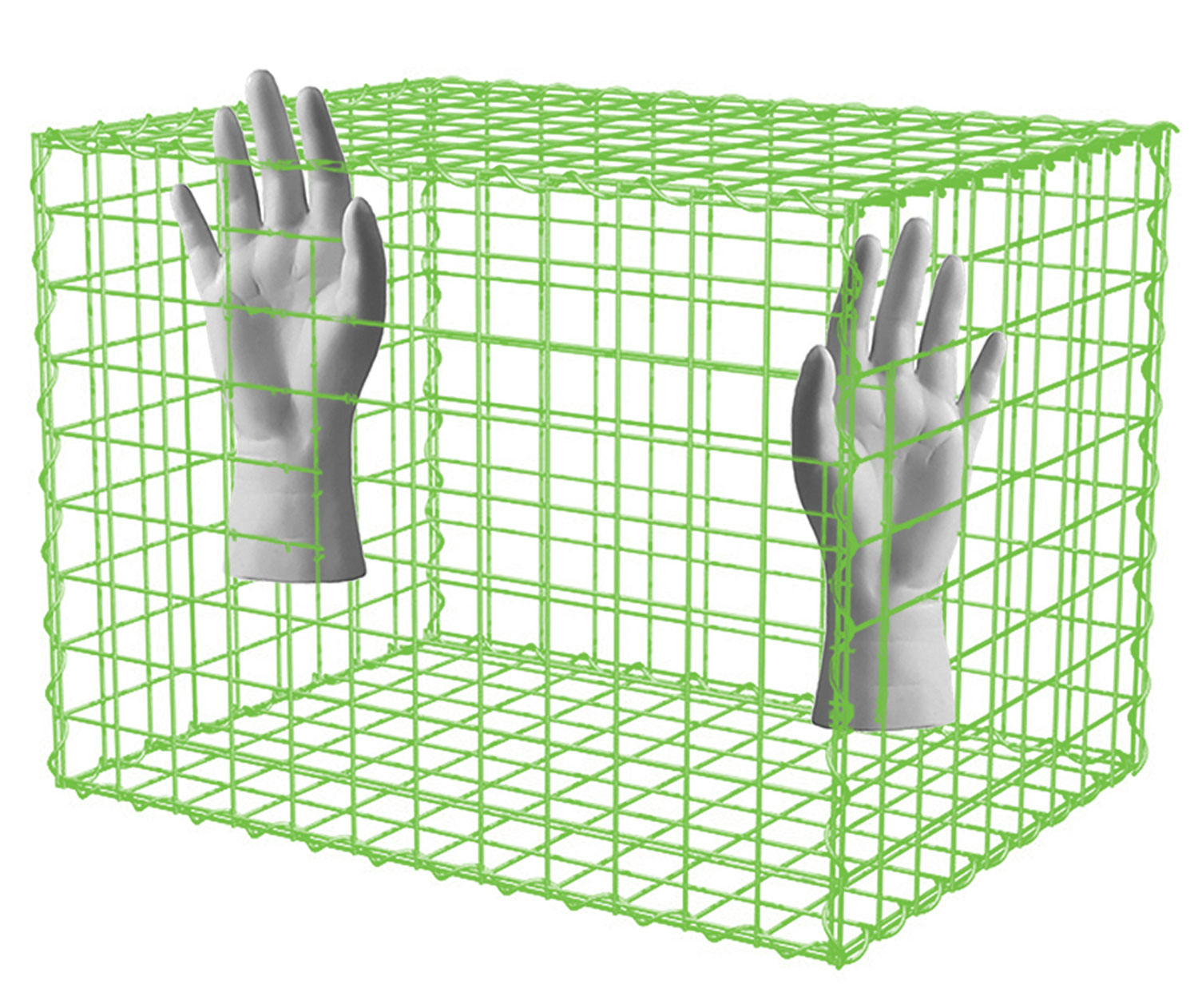On January 16, CBC posted one-sided reporting on the imagery used in an Indian Status Card campaign funded by Indigenous and Northern Affairs Canada (INAC). Criticism was directed towards the models and the animals featured in the poster, for reinforcing stereotypes about Indigenous people. Poster model Neegann Aaswaakshin faced the most online criticism, with non-Indigenous and Indigenous people alike making visual comparisons between Neegann and Disney’s Pocahontas. Neegann, a lawyer and advisor for First Peoples Group, was given the chance to defend her participation in a second CBC article published on January 17.
Indigenous Collective Coordinator Autumn Schnell was asked to comment for the January 16 article, in which she remarked: “that picture made me feel very separate from the rest of Canadian society.” In the days following those CBC articles, the online chatter had the Indigenous Collective as a whole considering the campaign and media coverage more broadly, and they invited Neegann onto Unceded Airwaves.
The following is an edited transcript of the on-air interview, which was conducted by Indigenous Collective members Autumn, Melissa and Madeson, and broadcasted on CiTR 101.9FM on January 31. The transcription picks up the conversation after discussing the poster, media coverage and initial backlash.
*words by BB, interview by the Indigenous Collective

Neegann: In one of [Hayden King’s] books, [there was] a powerful quote along the lines of, “You’re not the Indian I had in mind.” There could be two ways of interpreting that statement: one being, some of us sitting in this room — in casual street clothing — maybe we’re not the image of the Indigenous person that mainstream society would like to see. But then, the other interpretation of that statement is that among our own community — among Indigenous peoples — what do we expect each other to look like? How traditional are we expected to be? […] And so, not only is the external, non-Indigenous society attempting to police our identities, we’re starting to do it ourselves, and I really think that’s a dangerous place to be in. It’s important to celebrate our difference, and talk about it, and find strength and unity in that […] Our communities have really important issues to deal with, and identity shouldn’t be one that separates us; it should be something that unifies us.
[…] Something that I think was lost and missed in all the discussion about the poster, is the issue of Indian Status. […] The Federal Government, since 1876, has been policing and determining Indigenous identity by way of legislation and these little cards. […] The government can give you one, and they can also take it away. That was the biggest issue I grappled with before getting involved in this campaign. That was what I expected there to be backlash about, not about what we looked like in the pictures, or which animals were in the background.
Melissa: […] So it’s almost like the controversy that came from [the poster] detracted away from potentially more productive conversations.
Neegann: I think so.
There’s something else — I don’t want to give too much power to it — but we live in a society where there are so many human rights and community issues that we have to deal with: gender identity, race issues, oppression, and power issues. […] This conversation [around the poster] worried me in that it will just contribute to people who are already polarizing themselves. I see so many comments, even from our own communities, people saying, “Oh, everything offends everyone now, everyone has to be so politically correct, we can’t do anything anymore.” […] People are going to be quick to trivialize those standing up for what they believe is right and hurtful and needs to be discussed.
[…] I hope CBC Indigenous has taken some learnable moments from all of this, because their initial report — I think a lot of [CBC] and APTN — gets to be very sensational. It’s very reactionary. We have a huge problem with lateral violence and gossiping, […] and it’s starting to be reflected in how our own Indigenous media groups are reporting stories.
Melissa: […] I think that’s a good point because when you think about that initial piece by the CBC, they didn’t have your voice in there at all. […] There is so much power in media institutions to frame how the conversations play out.
Autumn: And it could have been so different. I mean, people are probably still going to say rude things, but [CBC] could have changed the way the masses saw it.
x
To listen to this entire episode of Unceded Airwaves, including a discussion between collective members about the interview, visit citr.ca/radio/unceded-airwaves for archived content. Unceded Airwaves broadcasts weekly on Wednesdays from 2-3pm on CiTR 101.9FM.


